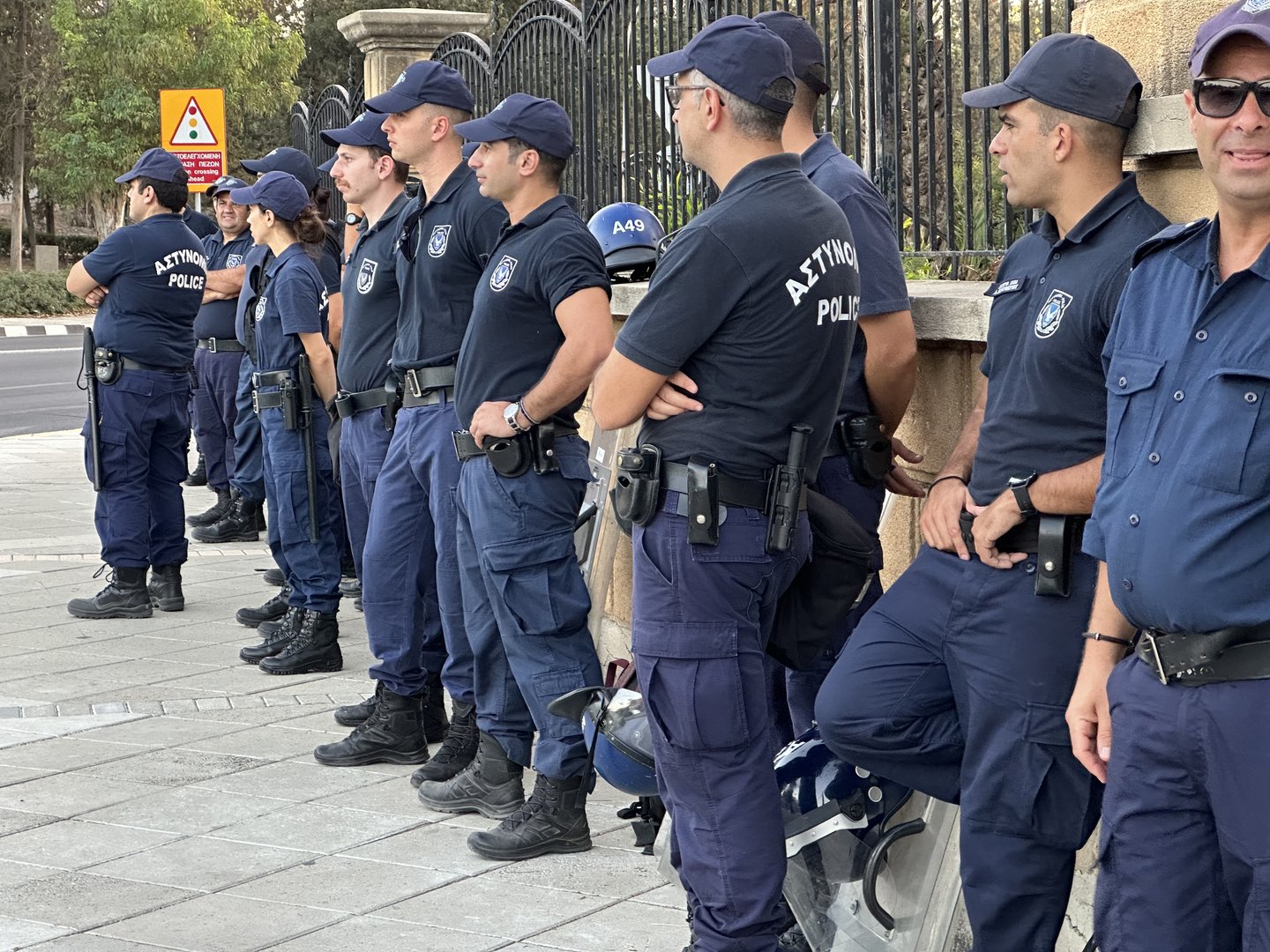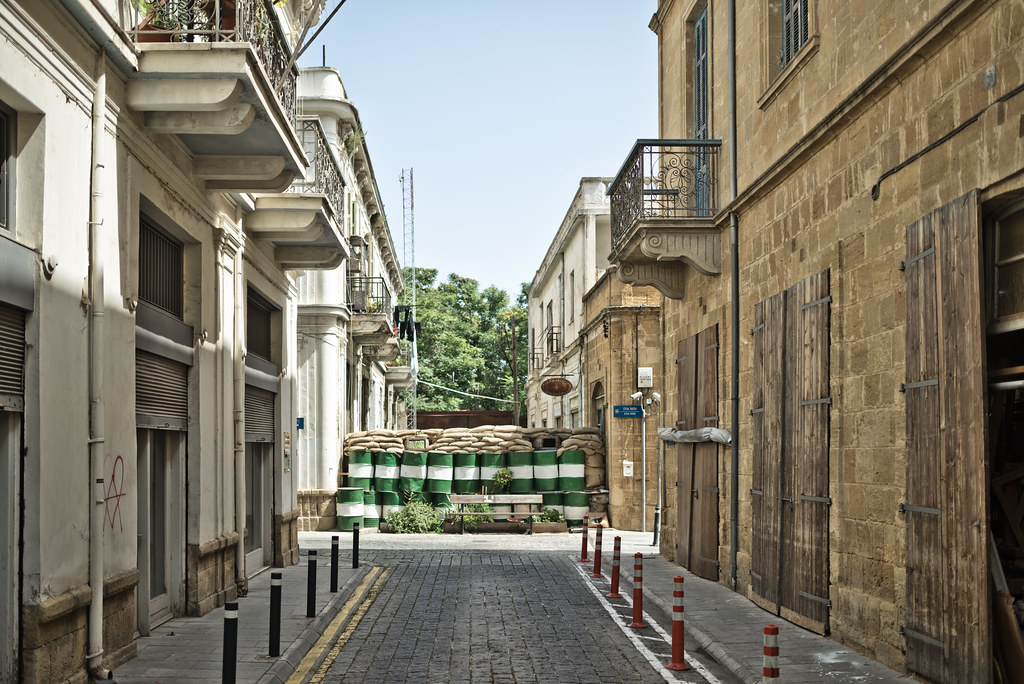The police response was inadequate to the situation during the recent racial attacks in Limassol but this can only be solved by supporting the force with concrete actions, Isotita union head Dinos Loizides said on Thursday.
“The weakness of the force in recent episodes, admitted by the police chief before the committee, cannot be disputed,” the police union leader told state broadcaster CyBC.
His comments came in the wake of deputies on Wednesday lambasting police chief Stelios Papatheodorou about the lack of intervention by his officers during mob attacks on migrants and their properties in Chlorakas and Limassol, with some asking whether institutionalised racism was at play in the ranks.
The Isotita leader however, attributed the feebleness of the police response to understaffing and inadequate supports in place for the police, both in terms of their legal powers as well as in the numbers of staff properly trained for the situation.
“Operational planning can only be as good as the staff available to participate in any given plan,” Loizides said.
The union leader has often in the past argued that the police force is understaffed and that this impacts on ability to handle escalating and challenging incidents, and has called for the establishment of permanent anti-riot units for each district.
“A plan can be made for 190 police to be in place at a scene but if 130 to 140 of them are not professionally trained anti-riot police, but officers seconded from other departments, the plan will not work,” Loizides argued.
The union head also charged that 30 to 40 per cent of the riot police officers sent to act as frontliners in recent episodes were academy cadets who had participated in a one-day anti-riot training session.
“Quantity [of officers] is not the only factor. We cannot continue to operate unprofessionally, we must boost the numbers of those correctly trained,” Loizides said.
The union head went on to suggest a legal expansion of police powers to enable police to issue on-the-spot fines to anyone wearing a facial covering in a public place without adequate justification.
Police efforts to track down and arrest those responsible for incidents last week were complicated by the fact that the organised perpetrators wore balaclavas.
“Currently the law permits officers to arrest anyone wearing a face covering but only if seen to be intent on committing a crime,” Loizides explained.
“The wearing of any kind of face covering in a public place without justifiable reasons [medical or religious] must be made a criminal offence,” something which already stands in many European states, Loizides argued.
The union head also suggested that the right to have streets closed off by police for demonstrations should not be a given.
“There should be no automatic expected assent by police to requests from municipalities and organisations to close off streets for demonstrators or protesters,” Loizides said.
The police rep based this recommendation on the fact that that “90 per cent of the deviant or delinquent hooded actors were drawn from [unvetted] social media organisations.”
“Morale within the ranks is very low and officers are exhausted,” from the past weeks’ events, Loizides went on to admit.
However, the way out of the quagmire is for all to persist, focusing on practical solutions, he said.
Underlining that “all perpetrators of the recent incidents have now been brought before justice,” Loizides said that the police would continue their efforts to fulfill their public duties which are actually a “calling”.
Meanwhile, the interior affairs committee attended by the minister of justice, who was criticised on Wednesday for not showing up to the police briefing, is set to meet at 10.30 to examine matters further and prepare a response.






Click here to change your cookie preferences